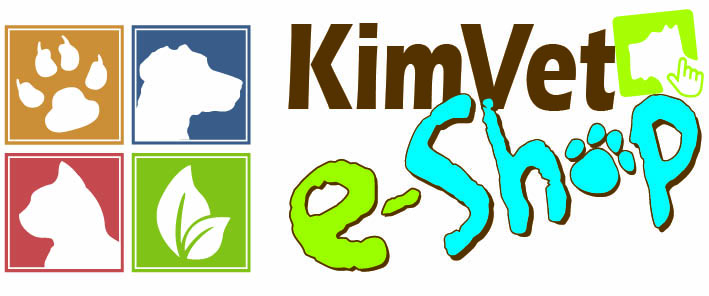Service Dogs Of The World
Not many people know much about service dogs, let alone what it takes to raise the perfect pup for the job.
Now, we all know that dogs, well, most dogs, are very intelligent. But just how intelligent are they?
A service dog is the epitome of intelligent. Not only that, but they are incredibly disciplined and their loyalty towards their person in unwavering.
I think we all will be shocked to know that you get a vast variety of service dogs.
Types Of Service Dogs
Firstly, the most commonly known, the guide dog, these dogs help those who cannot see. Then you get a hearing dog, these dogs assist the deaf, and also the heroes who help people who are wheelchair bound.
On the other side of the spectrum, you get autism support dogs, you get emotional support dogs, and you get dogs who detect oncoming seizures.
You get those pups in the line of duty, Bomb sniffers, the dogs finding contraband and illegal substances, including rhino horn and pangolin scales!
Service Dog Etiquette
Something very important to remember when encountering a working dog, although very cool, they are still working professionals. The job they do is extremely important.
ALWAYS ASK BEFORE APPROACHING, CALLING OR PETTING ANY WORKING DOG.
Even the simplest distraction could have detrimental results.
Any and all professionally trained working dogs are exclusions to the “No Dogs Allowed” rule.
Denying access to any working dog is an act of discrimination and is against the constitution. There are legal repercussions to anyone denying access to a working dog.
The one and only place a working dog is not allowed, is in an ICU ward.
Puppy Training
Puppies start basic training at about 8 weeks old. They are trained in various disciplines from a very young age. There are different phases of the training process, so the pups will learn different and more difficult commands as they grow older.
Formal training starts at 16 months until about 2 years of age. That’s when they get paired with their new owner.
Of course, there are some puppies that aren’t going to be the perfect working dogs… But, don’t fear, the GDA has a special adoption system in place, their puppy raiser getting the obvious first choice.
While there are many different types of working dogs, the GDA mainly focuses on Guide Dogs, Service Dogs and Autism Support Dogs.
Raising a working dog is no easy feat and can cost thousands, depending on the individual needs of the puppy and relevant medical bills.
The puppies start off by being allocated to “Puppy Raisers”. At 8 weeks old they start basic training until about 16 months, thereafter formal training commences.
At about 2 years of age they are ready to be paired with their new owner.
Application Process
Any differently-abled person who would like to have a working dog must first apply online. The staff at the GDA will work through the application and list of requirements.
The right match is made by analyzing the individual needs of the requesting owner and the attributes of the dog.
After a successful match has been made, training with both the dog and owner commences.
The first phase of training is completed at the Guide Dogs Association of South Africa head office, after which the next phase of training is completed at and around the owner’s home.
Successful navigation is a mixture of vocal cues and basic knowledge of the surroundings on the part of both the owner and the guide dog.
The guide dog’s training techniques, which includes traffic management, will ensure safe arrival at the intended destination.
Retirement
Just like in any other career, working dogs also retire at a certain age.
Each dog is unique, so retirement can be anything between 8 – 12 years.
After a working dog has retired, they need to be re-homed. Their owners get obvious first choice in terms of adoption.
There is an adoption program for the adoption of retired working dogs, though. Any member of the public can adopt a dog after a vetting process has been completed.
The Guide Dogs Association
The Guide Dogs Association (GDA) follows a responsible breeding program. They use specially imported semen from the US which is in turn used to inseminate their carefully selected brood females.
This procedure is done at Onderstepoort.
To ensure the best possible working dog, mentally and physically, they do not accept any dogs as “donations” for breeding or training purposes. The dogs that form part of the breeding program, as well as all the pups from the litters, are screened for hip and elbow dysplasia and basic bodily functions.
How can you Help?
The GDA is not funded by the government. This means that they rely solely on donations and fundraising initiatives.
But the great news is, there are many different ways that we, as the public can support this incredibly important organization!
You can support their social events and competitions, you can have a look at their wish list to see what they need as donations and, of course, direct donations can be made, too.
They always need volunteers as well, like “Puppy Raisers”, to sponsor a working dog, walk the dogs in the kennels or weekend homers.
For more information on how to help the GDA, please visit the GDA website or contact them directly: https://guidedog.org.za/

